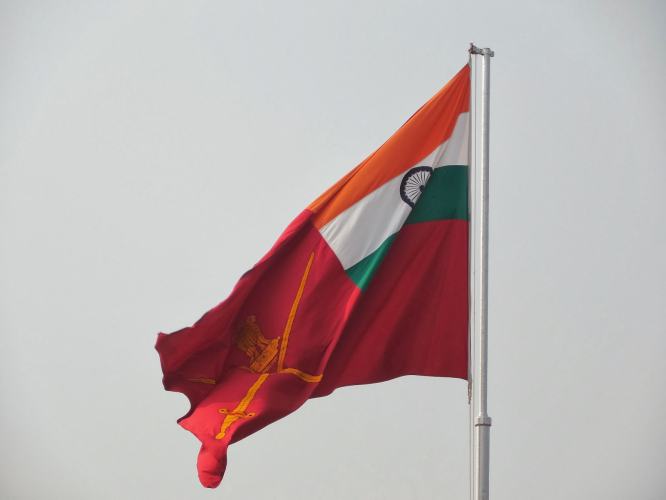BEIJING (AP): A trio of Chinese astronauts returned to earth Friday after a 90-day stay aboard their nation's first space station in China's longest mission yet.
Nie Haisheng, Liu Boming and Tang Hongbo landed in the Shenzhou-12 spaceship just after 1:30 p.m. (0530 GMT) after having undocked from the space station Thursday morning.
State broadcaster CCTV showed footage of the spacecraft parachuting to land in the Gobi Desert where it was met by helicopters and off-road vehicles. Minutes later, a crew of technicians began opening the hatch of the capsule, which appeared undamaged.
After launching on June 17, mission commander Nie and astronauts Liu and Tang went on two spacewalks, deployed a 10-meter (33-foot) mechanical arm, and had a video call with Communist Party leader Xi Jinping.
While few details have been made public by China's military, which runs the space program, astronaut trios are expected to be brought on 90-day missions to the station over the next two years to make it fully functional.
The government has not announced the names of the next set of astronauts nor the launch date of Shenzhou-13.
China has sent 14 astronauts into space since 2003, when it became only the third country after the former Soviet Union and the United States to do so on its own.
China embarked on its own space station program after being excluded from the International Space Station, largely due to U.S. objections to the Chinese space program's secrecy and military backing.
China astronauts return after 90 days aboard space station
Article Posted on : - Sep 17, 2021
Other Related News
Russia doubles defence production: Putin
he Russian defence industry has doubled production since last year, President Vladimir Putin has said addressing the country's Military-Industrial Commission.
 Previous Article
Previous Article Next Article
Next Article








The Indian Air Force, in its flight trials evaluation report submitted before the Defence Ministry l..
view articleAn insight into the Medium Multi-Role Combat Aircraft competition...
view articleSky enthusiasts can now spot the International Space Station (ISS) commanded by Indian-American astr..
view article